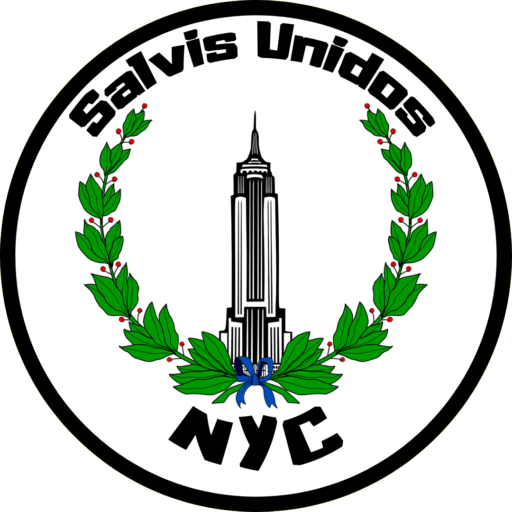
by Carlos Guadron | Dec 18, 2023 | Salvis Unidos Podcast
In “The People’s Hospital,” Ricardo Nuila sheds light on the challenges in US healthcare but also shares that there’s hope. Children of immigrants grappling with the complexities of healthcare for their loved ones will resonate with Ricardo’s unique perspective. Informed by both his medical expertise and Salvadoran background, we discuss the human side of healthcare and navigating “Medicine Inc.” with cultural and linguistic barriers.

by Carlos Guadron | Dec 4, 2023 | Salvis Unidos Podcast
As if debilitating pain is not enough, endometriosis patients must also contend with being dismissed by doctors and maybe even family. Nathali fought for years to get diagnosed and treated. Now she fights as the Endocipota so that others, specially Central Americans, can find the help they need.

by Carlos Guadron | Nov 20, 2023 | Salvis Unidos Podcast
Por décadas la presencia Salvadoreña en Yonkers crecía pero no se veía. Armando Rivas, con la ayuda de la comunidad hispana en Yonkers, dio el primer paso y formo el Group Salvadoreño de Yonkers. Marchan en desfiles, disfrutan en eventos, y ayudan a nuestra comunidad en la cuarta ciudad mas grande en Nueva York. Armando y el grupo esperan unir toda la comunidad centroamericana en el condado de Westchester y mas allá.

by Carlos Guadron | Nov 6, 2023 | Salvis Unidos Podcast
Salvi Yorkers bridges the past and present with powerful narratives about the Salvadoran diaspora in New York. Diego Murcia, from Bitextuales, helps author, Carmen Molina-Tamacas, cross one additional bridge by producing the audiobook version of her work. Now our stories can reach even more people and Diego can help tell your story too.

by Carlos Guadron | Oct 23, 2023 | Salvis Unidos Podcast
You made it. You’re a successful engineer at a prestigious organization. What do you do now? Zaida Hernandez decided to help other underrepresented groups get into engineering through her social media platform, The Space Latina. She tells us how she went from looking up at the stars during visits to rural El Salvador to working on sending humans to the moon in the Artemis program.

by Carlos Guadron | Oct 9, 2023 | Salvis Unidos Podcast
Rosalia Rivera says consent is the greatest virtue of a civilized society. This episode we explore the vital topic of teaching body rights and consent culture to children. Rosalia, founder of Consent Parenting, equips parents and caregivers with the tools they need to raise better informed children, break cycles of abuse, and create a safer future for us all.

by Carlos Guadron | Sep 25, 2023 | Salvis Unidos Podcast
It’s easy to fall into the hustle culture trap and to never face our traumas, specially as an immigrant. Gabi and Ale, co-founders of Treat Yourself and Heal (TYSAYH) seek to change all that. TYSAH’s mission is to heal the world with self care, community, and overcoming while partnering with underrepresented solo-preneurs and empowering causes.

by Carlos Guadron | Sep 11, 2023 | Salvis Unidos Podcast
In a world with endless sequels, reboots, and multiverses, Maria makes original, heartfelt films. She directs movies that speak to the Salvadoran experience yet connect to a global audience. We speak about her creative process, her leadership philosophy, easter eggs, and the art of storytelling.

by Carlos Guadron | Aug 28, 2023 | Salvis Unidos Podcast
It’s surprising that some Salvadorans don’t know that El Salvador has great coffee. Kim from Cafe Zelaia is on a mission to change that. She shares some coffee drinking pro-tips, talks about the ups and downs of owning your own business, and the difficulty of getting immigrant parents to understand the risks we take to follow our dreams.

by Carlos Guadron | Aug 14, 2023 | Salvis Unidos Podcast
Montreal based Salvadoran hip-hop artists Tony Dez and Chellz have been through a lot. Their family’s journey to the Great North inspires them to write deep and personal music that speaks to the soul of the Salvadoran Diaspora. Their work recognizes the trauma and strength of our community and celebrates our heritage with Latin-infused hip-hop.










